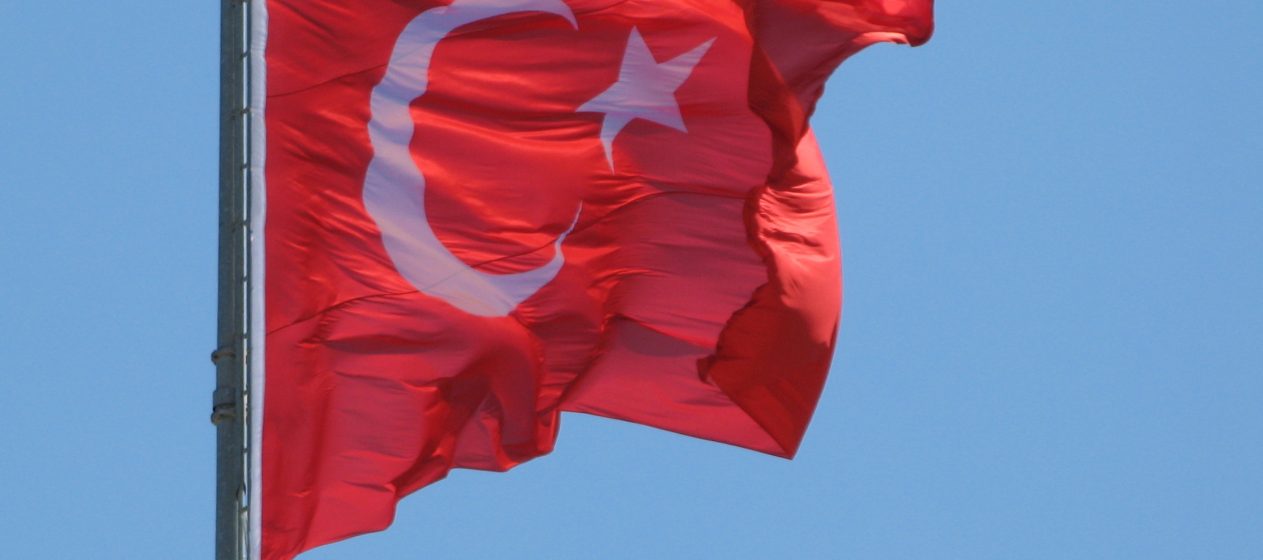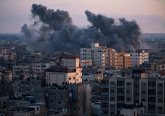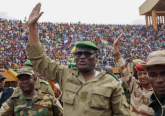Last week’s coup attempt by military forces in Turkey — the military’s first overt attempt to take power since 1980 — came as a great shock to the international community. At least 290 people were killed and 1,440 wounded. The coup also spurred a dramatic wave of purges; less than 24 hours after the turmoil began, 2,839 army members and a member of the constitutional court were arrested, while 2,745 judges and five members of the Supreme Board of Judges and Prosecutors were removed from their posts. The purges only intensified thereafter; within a week, about 60,000 soldiers, police, judges, civil servants and teachers found themselves detained, suspended or under investigation. The government’s rhetoric and consistent inaction, contextualized within its wider response to the terror attacks that have traumatized the country in the last year, demonstrate that the lives of ordinary Turks do not matter when it comes to securing the leading Justice and Development Party’s (AKP) hegemony over the country.
Following the announcement of a coup d’etat and a declaration of martial law by a group of soldiers claiming to represent the Turkish Armed Forces, President Recep Tayyip Erdoğan called on his supporters to take to the streets and defend democracy, taking his call as far as sending text messages to mobile phones. While the president’s call was firmly backed by pro-AKP media, opposition-affiliated media widely condemned the president’s disregard for the safety of his supporters. Calling on people to take to the streets, President Erdoğan encouraged civilians to stand up to armed soldiers, some of whom were patrolling in tanks.
However, the most appalling statement was made by Prime Minister Binali Yıldırım. Congratulating his ‘citizens’ for clamping down on the coup attempt, arresting, and tying up soldiers before police were able to do so, he went as far as to say that he was a proud member of a nation which was ‘enraged enough to nearly lynch the coup plotters’. Yıldırım’s statements followed violent developments in Istanbul, as AKP supporters lynched soldiers and protesters were seen attempting to throw a soldier down the Bosporus Bridge. The attempted overthrow of a democratically elected government by coup d’etat is clearly unacceptable, but the prime minister’s expression of pride in the brutal murder of citizens by others is an appalling encouragement of mob violence that has no place in a democratic regime.
The government’s disregard for the lives of its citizens, whether they are AKP supporters, opposition voters, or soldiers, is far from novel. Recent terrorist attacks have traumatized civilians to a degree unseen since the country was on the brink of civil war at the end of the 1970s. Violence has escalated since a July 2015 bomb attack on the pro-Kurdish Peoples’ Democratic Party (HDP) protest in Suruç killed 34 people. The HDP accompanied by the Republican People’s Party (CHP), the main opposition, proposed to establish a research commission to investigate the attack, but this was rejected by AKP deputies who were joined by the Nationalist Action Party (MHP).
In a heated summer of violence between the Kurdish Workers’ Party (PKK) and the government, the ‘peace process’ collapsed as the PKK accused the government of supporting ISIS. Matters became worse when ISIS bombed another HDP rally near Ankara’s railway station, killing 102 people and injuring 508. Soon after the attack, news reports showed that police chiefs had not reported intelligence notices to senior officials. One notice, received on the day of the attack, had even included the name of the perpetrator. That the attack could have been prevented had appropriate use been made of intelligence information remains a serious and worrying possibility. Although prosecutors sought to try those involved, their attempts were blocked by the Ankara governorate. Furthermore, the AKP rejected a proposal by the HDP to investigate the Diyarbakir, Suruç and Ankara attacks.
The first attack on an airport took place in December of last year. The Kurdistan Freedom Hawks, a radical offshoot of the PKK which criticizes its policy toward the Turkish state for being too lenient, claimed responsibility for the attack and has continued to launch attacks on military and civilian targets thereafter. Once again, the AKP blocked the establishment of a research commission, citing the need for secrecy in the investigation into the attack. Although this was a comparatively minor attack in which only one person was killed, it demonstrated that airports were under serious terrorist threat. The Istanbul airport attack just last month testified to that reality.
The June 28 ISIS attack on Istanbul Atatürk Airport, the largest in the country, left 42 people dead. Once again, intelligence units had issued warning notices 20 days prior to the attack, clearly specifying the airport as a potential target. Although Prime Minister Binali Yıldırım claimed there had been no security deficiencies, once again serious questions arise as to the extent to which intelligence notices were taken into account and whether or not their appropriate consideration could have prevented the attack. Days after the attack, opposition parties united and proposed an investigation commission to look into the attack. Not surprisingly, it was rejected by AKP legislators.
Like the government’s immediate response to the attempted coup, its reactions to terror attacks suggests a worrying indifference to deaths and violence. The government’s unwillingness to transparently investigate these attacks is simply inexcusable and raises serious questions as to the extent to which this unwillingness has contributed to the series of attacks that have occurred in the last year.
The implications of Turkey’s coup attempt are highly uncertain. What is certain, however, considering this pattern of government response to a deteriorating security situation, is that the lives of ordinary Turks are not a priority.






